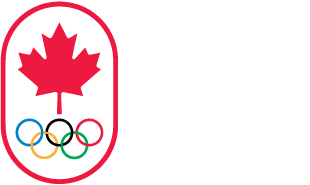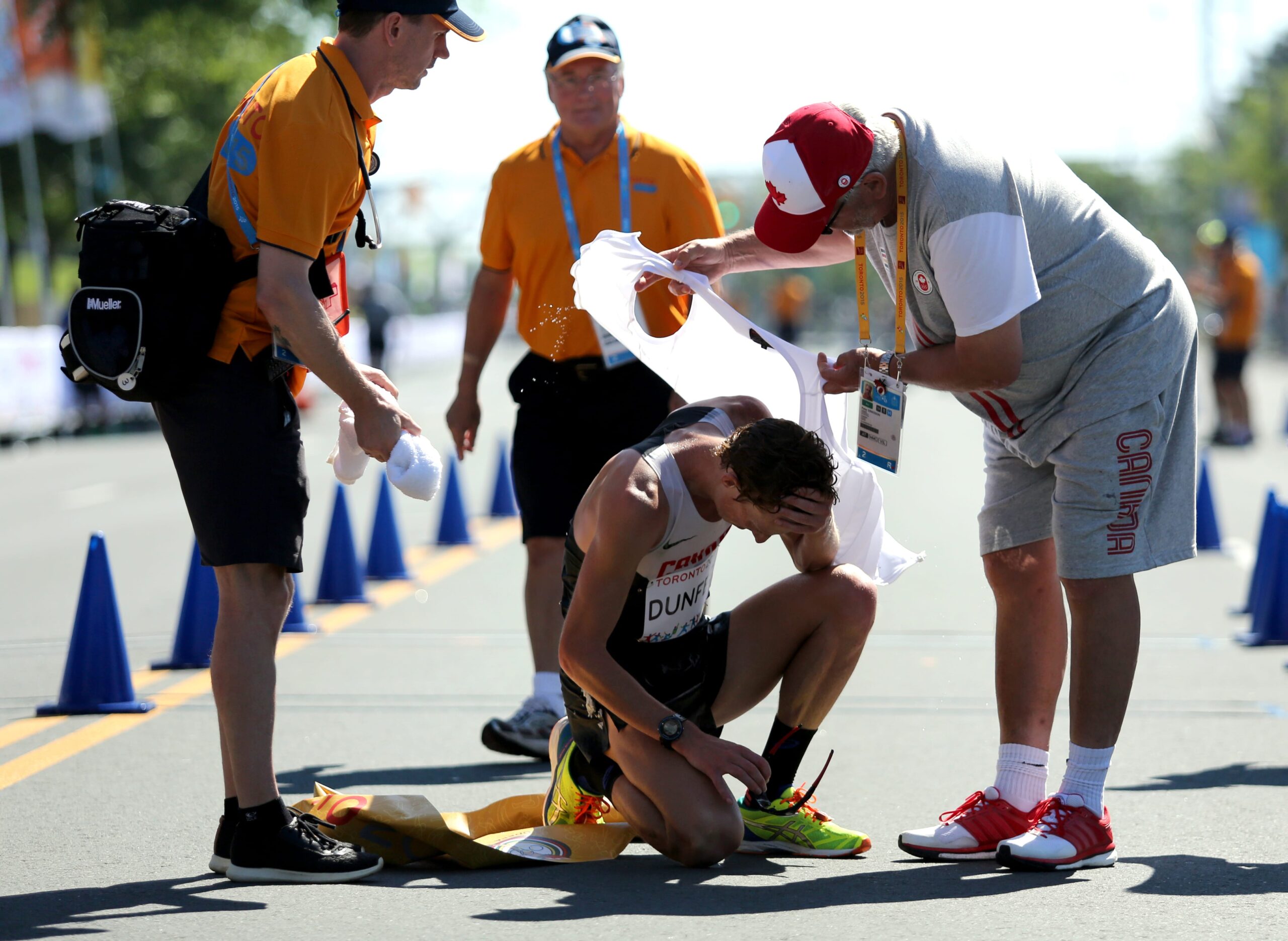DIFFERENCE MAKERS PART 3: Putting People First
A people-first attitude leads to better Olympic performances.
Sure, it seems simple. But, as easy as it sounds, it’s just as easy to forget when the pressure to perform is heavy. Putting people first is a clear-and-actionable takeaway you have emphasized as a key factor during the planning, execution and de-briefing phases of the past two Olympic Games — across every sport and every role.
In other words, attitude matters when it comes to Games-specific preparation.
Indeed, our chances for optimal performances are elevated when we arrive at Games as part of an individually high-functioning team … with the right collective attitude. That’s why, in this instalment of our Difference Maker series, we’ve gleaned some important Games-planning strategies from your feedback to help you create more high-functioning teams in proactive, people-first environments.
Here’s how you can optimize performance with a people-first approach:
FUNCTION BEFORE PRODUCTION
Lead with experience — Having to learn a new skill or adapt to a totally unfamiliar environment while on the job at the most high-profile sporting event in the world is not the best pathway to success. It’s important that staff with leadership roles have enough global championship experience to execute their role with confidence, no matter the situation. If you are still gaining experience, be sure to work with partners or mentors who can guide you through any unknowns you may have. The earlier you do this, the better.
Clarify every role — It goes without saying every Team Canada member wants to deliver an optimal performance at Games. And every role has an important function. However, unless each role is defined as much as possible and mapped out the best it can be in advance, its functionality can become vague at crunch time. This can lead to frustration, especially when considering accreditation requirements.
“The best thing for me was having a clear understanding and agreement between myself and my NSF of what was expected.”
– Non-accredited support team member
RELATIONSHIPS BEFORE RESULTS
Speak up early —If something does not feel right or is unclear, it’s critical to talk about it as early as possible. Open, efficient lines of communication are critical during Games so it only makes sense to put those lines in place during the planning process. More importantly, have the courage to speak up in the moment, even if it’s uncomfortable or inconvenient to do so. Start with curiosity, and prepare quality questions as a way to bring awareness to a sensitive topic. This open dialogue helps to move through challenges and prepares us to make the tough decisions necessary to arrive at Games ready for an optimal team performance.
“We were aware of Games-preparation challenges and did not voice our concerns. We need to be able to express concerns more openly.”
— Team Canada Olympian
Normalize Games behaviours – Mapping out roles is one thing but articulating and understanding them is just as important. By ensuring the value and purpose of every role and responsibility is mutually understood long before Games, we can be more prepared to adapt and execute in a more high-functioning way when it matters most. ‘Normalize’ how you will work as team in the Games environment before you get there. With a common understanding of your team’s successful behaviour in advance, it will be easier to identify potential risks on the spot.
PEOPLE BEFORE PERFORMANCE
Build connections – Whether home-based staff, administrative support or field-of-play coaching, a strong connection to the team and its mission is important for everyone. Get to know each other, create team and self-awareness and build mutual trust by creating moments of vulnerability. If you have a better overall understanding of each other in the planning phase(s), you can rely on that strong foundation when you need to: At Games. In the pressure moments synonymous with a Games environment comes the risk of feeling lonely or isolated. Strong, authentic connections to each other help to minimize that risk.
“There will always be a need to adapt. But, last-minute decisions or changes to the plan in the weeks before Games had an impact on our ability to do so.”
— Support Team Member
Manage expectations – Providing athletes and coaches with everything they need to perform without overpromising and/or under delivering is no easy feat. However, by being involved in the Games plan early — and clearly understanding it as a group — helps alleviate any extra pressure that comes with last-minute uncertainties around realistic expectations. With this in mind, it’s important to remember that, until you experience it for yourself, there is no way of knowing how you or your teammates will react during a moment of truth. Find ways in advance to simulate managing and mismanaging expectations as a way to be ready for the unexpected.


Got something to say?